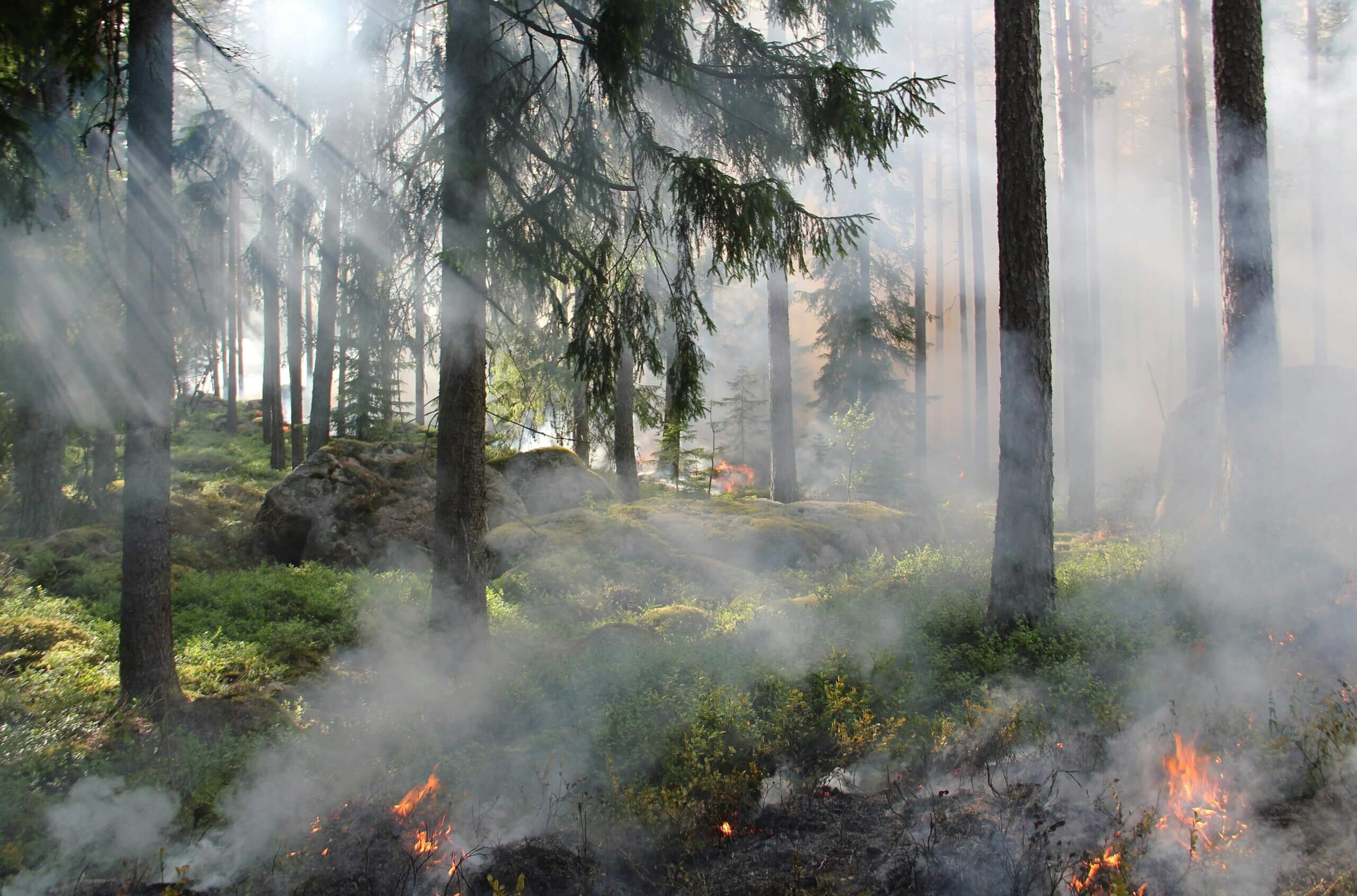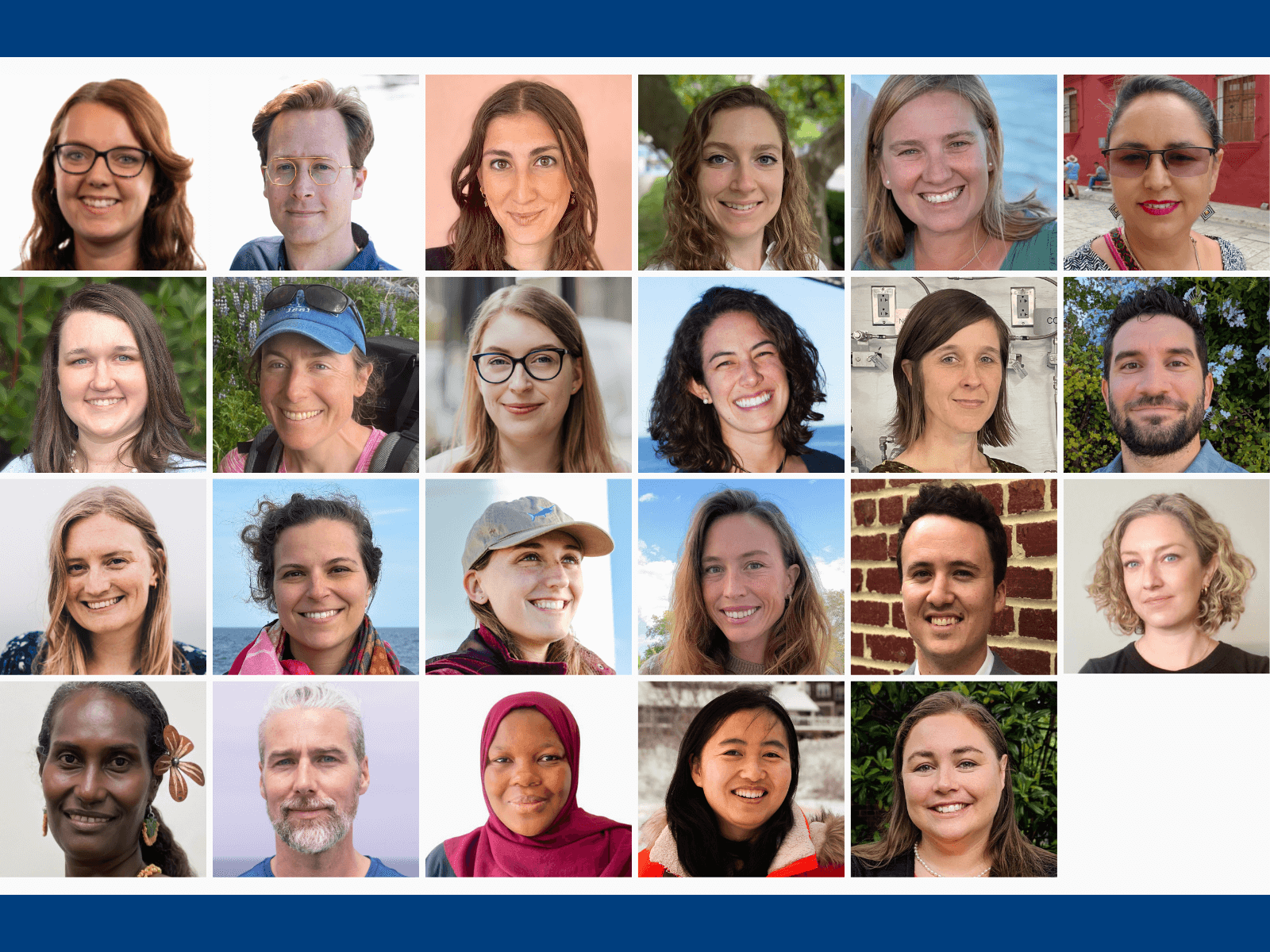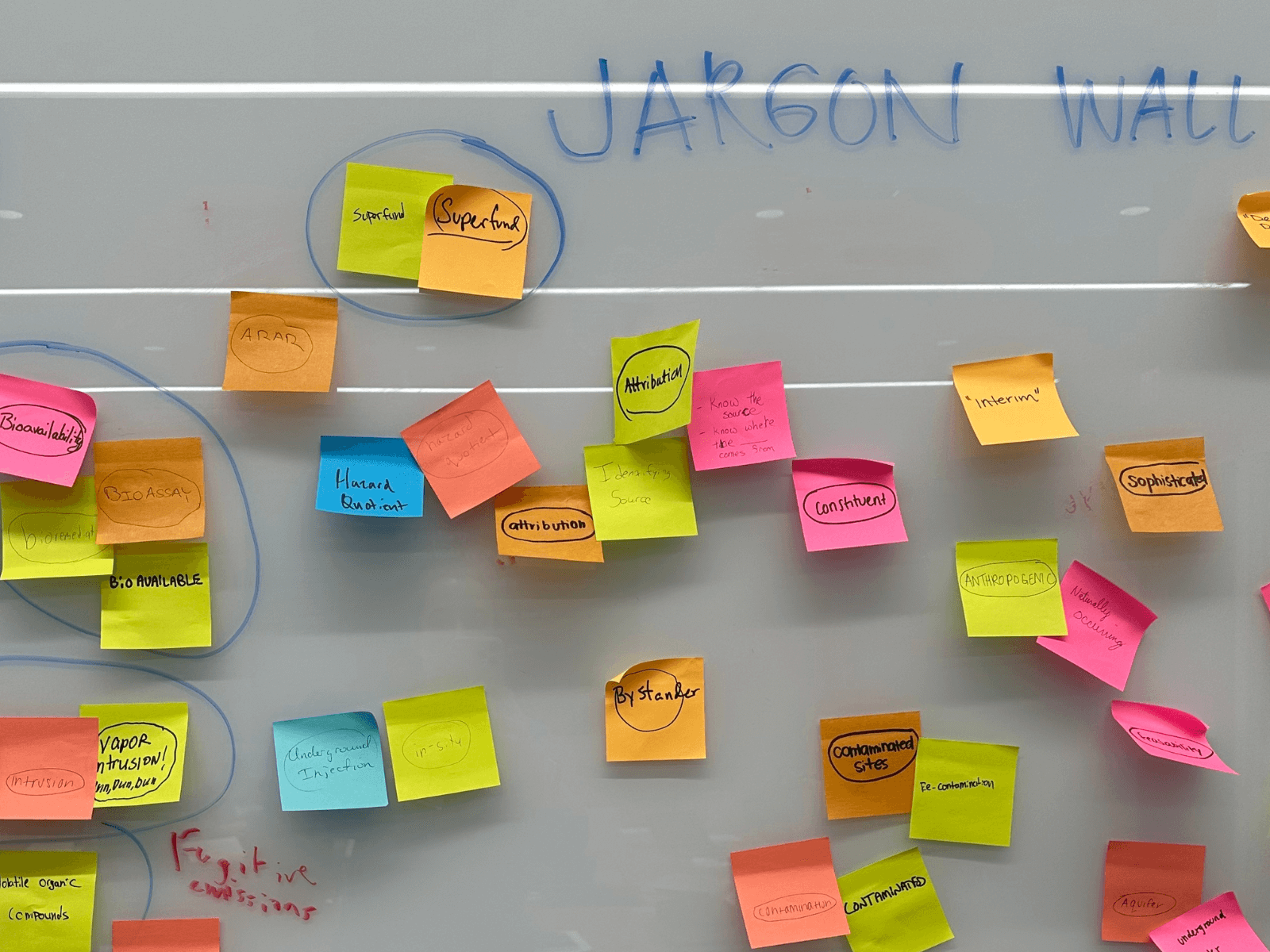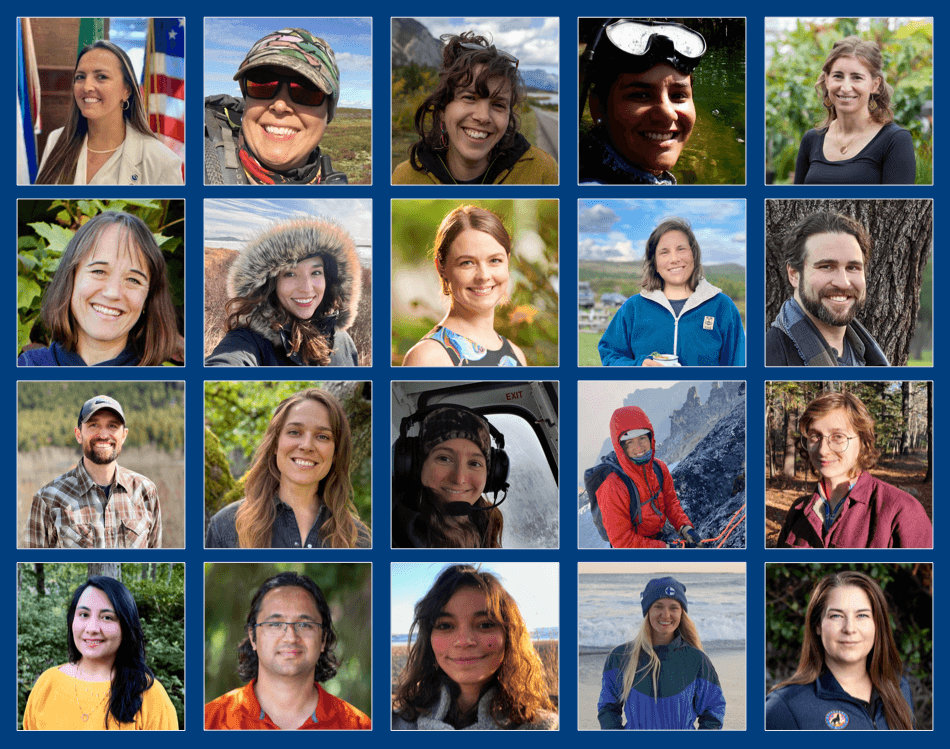Posts in: Blog

Preparing Science Leaders
Effective Risk Communication: Lessons from Wildfire Science
As climate change intensifies weather patterns, disrupts ecosystems, and endangers human health and infrastructure, the need for effective communication that supports informed action to prevent and respond to risk has never been greater. In response to this growing need, COMPASS and the Federation of American Scientists, in collaboration with Matt Wright of the Ass...

Announcements
Introducing the COMPASS mCDR Communications Leaders Cohort
COMPASS is thrilled to introduce our new COMPASS mCDR Communication Leaders cohort! This group of experts spans disciplines, sectors, geographies, and career stages. From biophysical and social scientists to practitioners in academia, government, nonprofits, and industry, they bring a rich diversity of perspectives essential to understanding the full picture of mar...

Tools & Resources
Spotting Jargon: 4 Types of Jargon to Avoid for Clearer Communication
As scientists and subject matter experts, we often rely on specialized language, or jargon, to communicate with precision and efficiency. And that’s a good thing — when we are communicating within our disciplines. But when we're communicating with people outside our field, that same language can become a barrier.
Research shows that when people don’t under...

Conference Tips
How to Craft a Great One-Pager
Prepping for meetings is an important step in having a constructive conversation, especially when your audience has little time or knowledge of your field of study. One item that you can prep to help your information stick, even after the meeting is over, is a one-pager. A great one-pager catches your audience’s attention, starts a conversation, and acts as ...

Reflections
Pointing North: Insights from 25 Years of Supporting Science Communication
This year, COMPASS is celebrating over 25 years of supporting science communication and engagement. Since our founding, we’ve had the privilege of learning alongside tens of thousands of passionate professionals who are working on some of the most pressing environmental and social challenges of our time — from conservation to wildfire management, marine carbon ...

Announcements
Meet the Changing Food Systems Experts
COMPASS is excited to announce the first Changing Food Systems: Communicating Negative Impacts of Industrial Animal Agriculture cohort. These nine experts from around the world—including North America, South America, Europe, Asia, and Africa—all work on different facets of the food production system, with a particular focus on shifting production away from in...

Tools & Resources
Creating Space for Constructive Conflict
When Conflict Shows Up
What do you do when conflict crops up? Maybe you’re in a meeting making a decision, and things get heated. Or maybe you’re talking with a colleague or neighbor and all of sudden, they say something you deeply disagree with. Or perhaps it’s the classic holiday dinner example, where everyone avoids certain topics, so that you can all g...

Tools & Resources
Inside the Message Box: Comparing 'Benefits' and 'So What'
I was recently facilitating a virtual workshop and a participant asked me to dive deeper into what differentiates the So What? and the Benefits sections of COMPASS's Message Box. The distinction between these two trapezoids—thanks, middle school geometry—is subtle, and they frequently overlap, but parsing out the difference between the two can be a valuab...

Announcements
Meet the 2025 COMPASS Pathfinders: Conservation Leaders
COMPASS is thrilled to introduce the first cohort of the COMPASS Pathfinders: Conservation Leaders Program—a group of twenty amazing humans from across North America and the Caribbean who are ready to lead with clarity, courage, and connection.
Built on the foundational strengths of the Wilburforce Leaders in Conversation Program, this 8-month long program is...

Media Tips
Op-Ed Writing: It's OK to Argue for something
Expressing perspectives, opinions or even recommendations about the implications of your science can be a bit uncomfortable, even scary in politically charged times like we are in now. But if you want your science to be relevant and useful, you need to make sure it gets out of pages of peer-reviewed journals or organization reports and into real-world discussions. ...